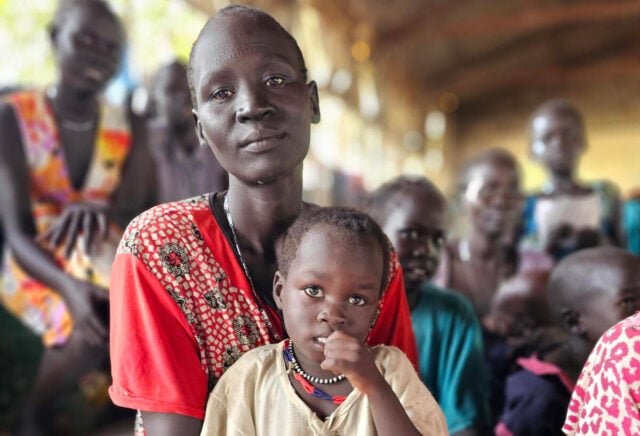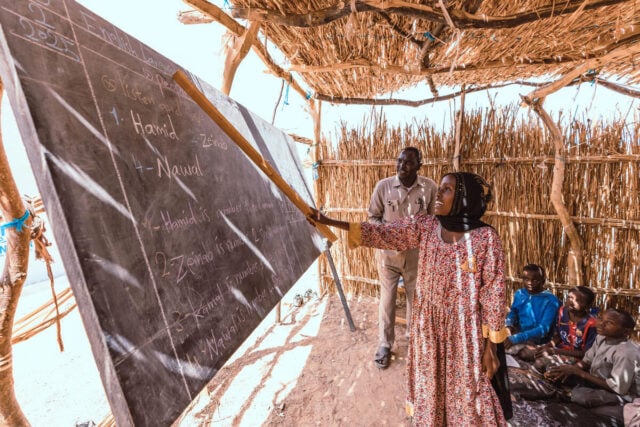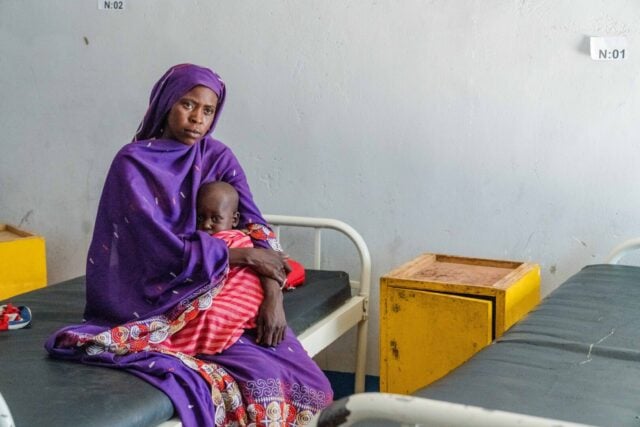Western Europe’s high-income nations and socially progressive Scandinavian ones offer safety and sustenance to refugees. But for a country that actually welcomes refugees, consider Uganda.
The small East African country rolls out the welcome mat and hosts more than half a million refugees, the eighth largest number in the world.
Refugees hail from Democratic Republic of Congo and Somalia — longtime hot-spots — as well as Burundi and South Sudan. More than 200,000 South Sudanese have sought safety in Uganda from a 2-and-a-half year civil war, and the number is growing.
In Uganda, refugees are integrated into host communities and given land to build on. They receive not just food, but farm supplies so they can grow their own crops.
“They have all the rights that are attributed to any human being, irrespective of their status as refugees,” Titus Jogo, a government official in Adjumani district of northern Uganda, told the Guardian newspaper.
It’s counter-intuitive to think that a country where the annual gross domestic product is a mere $696 per person would welcome more mouths to feed. However, a rising tide of development successes like new water projects and markets not only meet refugees’ needs, but they also lift up locals.
What’s more important, perhaps, is that Uganda’s troubled history includes the brutal, 20-year insurgency of Joseph Kony’s Lord’s Resistance Army. At the height of the conflict, nearly 2 million Ugandans fled to protected camps. They haven’t forgotten what it means to need a home.



